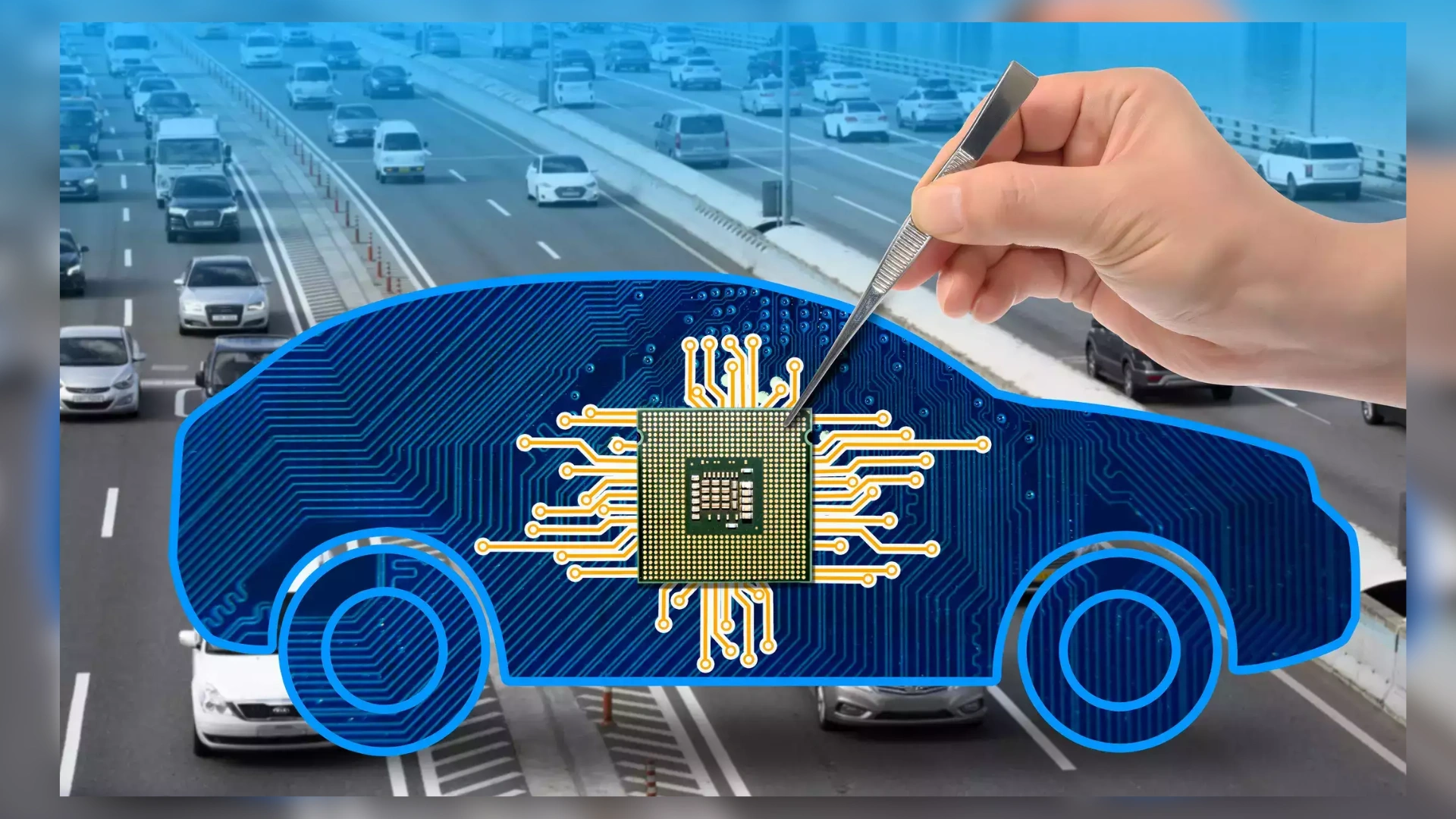The cost of semiconductors chips used in automobiles is set to double by 2030, according to a new report by NITI Aayog. The report states that the average cost per vehicle will rise from the current USD 600 to USD 1,200. This projected increase stems from the expanding use of advanced automotive technologies, particularly in electric vehicles (EVs).
Features such as electric powertrains, Internet of Things (IoT) connectivity, Advanced Driver Assistance Systems (ADAS), and autonomous driving are becoming more common, driving up the need for sophisticated semiconductor components and reshaping the automotive manufacturing landscape globally. NITI Aayog attributes the rising cost to the growing adoption of next-generation vehicle features. “With the integration of these cutting-edge technologies, the cost of semiconductor chips per vehicle is projected to double, rising from USD 600 to USD 1,200 by 2030,” the report said.

These technologies demand higher-performance chips, contributing directly to the surge in cost and demand. The report outlines a significant transformation within the automotive sector, which is shifting from traditional fuel-based vehicles to electric alternatives. EVs increasingly come equipped with smart mobility features, leading to deeper integration of electronics and semiconductor technologies.
The development of these intelligent vehicles is contributing to major changes in the manufacturing and design of automobiles. According to the report, the automotive industry is becoming more closely linked with sectors such as semiconductors, electronics, and artificial intelligence (AI). This interdependence is accelerating innovation and reshaping global manufacturing trends.
The report also highlights the automotive industry’s strong connections with other industrial sectors, including steel, textiles, rubber, plastics, leather, glass, and information technology. These linkages position the automotive sector as one of the largest consumers of industrial products worldwide. As per the report, the global automotive component market reached approximately USD 2 trillion in 2022.
Of this, around USD 700 billion, or 30 percent, came from traded components. The automotive sector has maintained a growth rate of 4 to 6 percent over the last five years, fueled by rising vehicle ownership and consumer demand. The emphasis on smart and sustainable vehicles is expected to sustain this momentum in the coming years.
(With Inputs From ANI) Also Read: Want A 800+ Credit Score? Dodge These 5 Common Financial Mistakes RIGHT NOW!.
Technology

Smart Car Features To Drive Semiconductor Chip Costs To USD 1,200 Per Vehicle By 2030: NITI Aayog Report

According to the report, the automotive industry is becoming more closely linked with sectors such as semiconductors, electronics, and artificial intelligence (AI).














